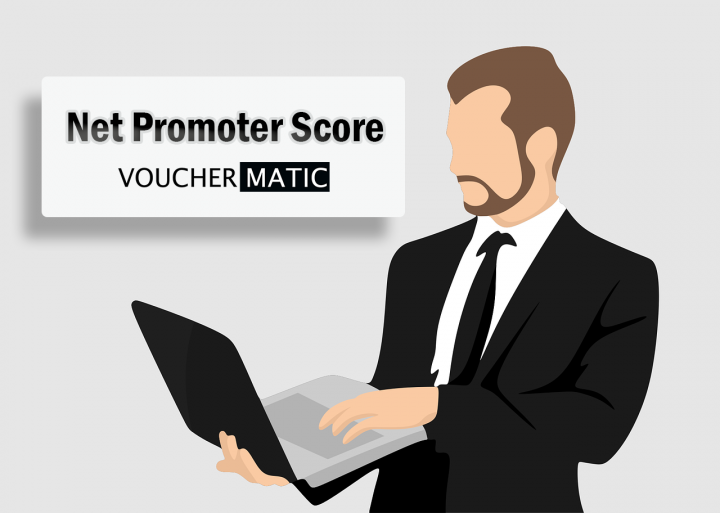According to the London School of Economics, they discovered a direct correlation between Net Promoter Score (NPS) and revenue growth. They found that as NPS increased by 7 points, it reflects a 1% growth in revenue.
Your Net Promoter score provides an accurate indication of whether people love your products or services, and that is of high importance for sustained growth. In today’s competitive world, NPS has been widely adopted by many renowned companies where they use it to track relevant data. Here are some companies that utilise NPS:

According to research, NPS is an accurate and beneficial Key Performance Indicator (KPI) as it directly portrays the organic growth of a company. This data is used to forecast and improve future business performance. Based on this information, businesses are fully aware of the status of the overall experience and loyalty of customers to their company and can take necessary actions accordingly. It is an efficient way to monitor customer relations with real-time insights and focus on satisfactory customer experiences.
What is NPS & how is it beneficial for you?
Net Promoter Score (NPS) was first introduced by Fred Reichheld in his Harvard Business Review article in 2013. It is as a useful tool or method that businesses could use to evaluate its rate of customer satisfaction and their loyalty based on their current company’s offerings. In other words, NPS refers to a customer loyalty metric that measures existing customers’ willingness and desire to recommend a company’s products or services to others. Moreover, it is said that NPS corresponds with a company’s growth and is an important number to determine success.
According to the NPS’s methodology, its calculation revolves around this single question:
“How likely are you to recommend *Your Company* to a friend or colleague?”

On a scale of 0 to 10, 0 being highly unlikely and 10 being highly likely, customers will evaluate the company. With reference to Fred Reichheld’s studies, those whose rankings fell within a certain number have different tendencies and loyalty to the brand.
Customers whose ranking fell between:
– 9 to 10: are known as Promoters. They are categorized as loyal and repeat customers who love the company’s products. At the same time, they are always eager to share and recommend these products or services to others.
– 7 to 8: are named as Passives. These are people who are satisfied with the company’s products or services but are not as loyal as promoters. The downside is that they tend to switch to a competitor’s offering easily. Although they might not spread negative words about the products or services, they are also not enthusiastic enough to recommend or promote to others.
– 0 to 6: are called Detractors. These are people who might either have a bad experience or dislike the company’s products or services. They are highly unlikely to purchase again and could even spread negative remarks about the company.
If you are interested in finding out your NPS score, follow this formula:
NPS = % of Promoters – % of Detractors
How can Vouchermatic help?
Vouchermatic has developed a proven system that helps businesses measure their NPS on their websites, apps, or points of sale. We ensure that all customer satisfaction surveys are issued only at the perfect moment – ideally after a purchase was made. As such, as customers feel satisfied and happy after making a purchase, they will more likely give your business a better NPS.
Vouchermatic provides real-time insights and strives toward resolving issues quickly and effectively. Ultimately, we aim to improve your NPS. We understand that with a higher NPS, more likely you are to outperform competitors in the industry.
Jump on Board with Vouchermatic
If you’re planning to adopt this NPS methodology or are still undecided about the system. Please get in touch and let’s discuss your strategy!

